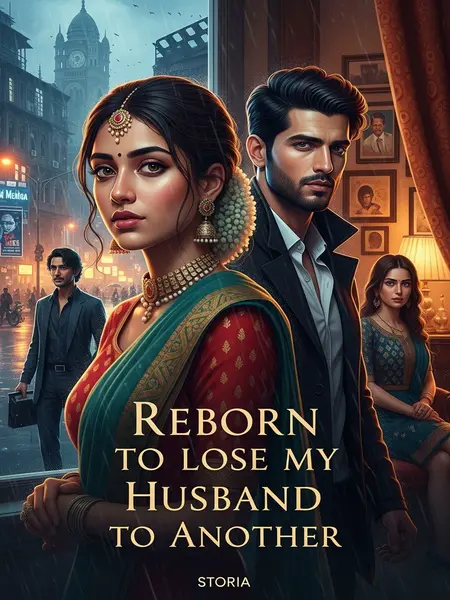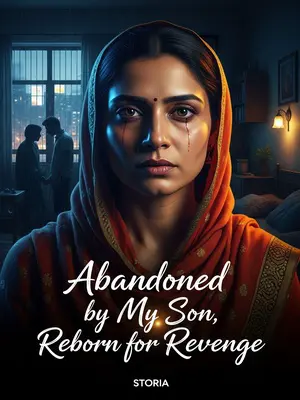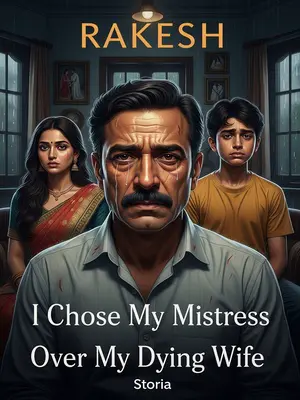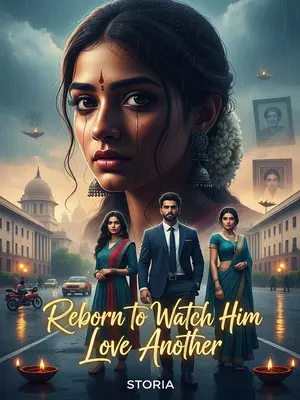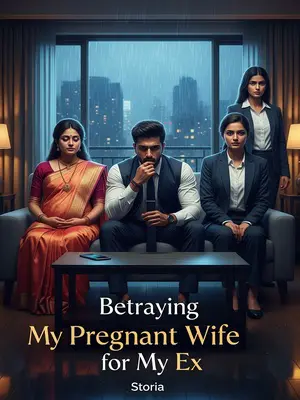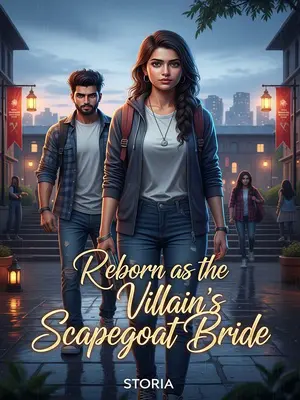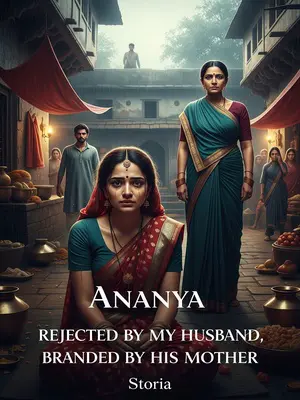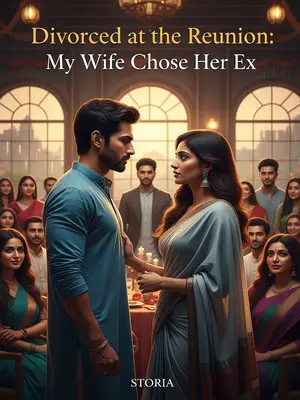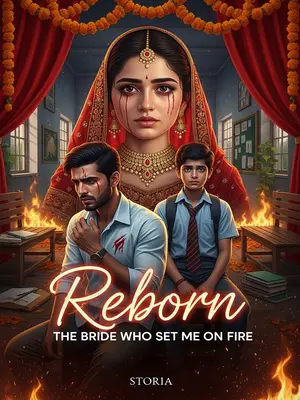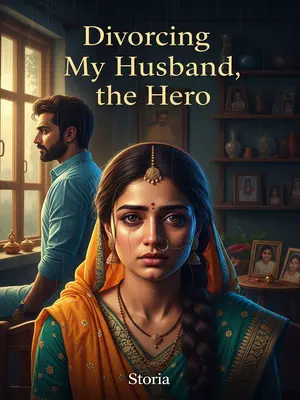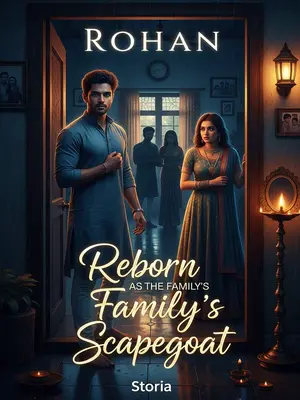Chapter 4: Past Life, Present Pain
The female lead of "Basant Ki Raat" should have been me. This was not only my debut, but the signature role of my life.
I feel both bewildered and uneasy.
A bead of sweat slips down my neck. I try to steady my breath, my hands gripping the armrest so tightly my knuckles turn white. Could my rebirth have caused some kind of butterfly effect? Where did things go wrong?
In my previous life, Arjun told me that the moment he saw my audition, he knew the female lead had to be me.
"Meera, you were born for movies."
His words—so direct, so sure—had always been my secret talisman.
"You were only nineteen when you auditioned for 'Basant Ki Raat,' and hadn’t played a lead before, but I immediately knew your future as an actress was limitless."
Those words, whispered by Arjun, made me shy and happy all at once.
I used to tease him, "Accha, so you’re saying I owe you my career?" And he would laugh, tugging my braid, "Of course! But you made me famous too, don’t forget."
But why did he choose someone else now?
My mind is a whirlwind of questions. I clench my palm, fingertips trembling with unease.
Without "Basant Ki Raat," how will Arjun and I cross paths in this life?
A shiver passes through me, despite the heat of the set lights. The idea of not meeting Arjun, of missing my destiny, gnaws at my insides.
In the previous life, it was during the filming of "Basant Ki Raat" that Arjun and I grew close.
We shared tiffin on set, laughed over late-night editing, and became partners and friends. But because of our seven-year age gap, we didn’t rush into romance.
I remember the makeup didi teasing—"Arrey, Meera, your director is looking at you again!" I’d just roll my eyes and blush.
What truly brought us together was—
The failure of "Basant Ki Raat."
No one saw it coming. The trade magazines were brutal, posters came down faster than they went up. That art film, which Arjun poured his heart into, bombed at the box office after release.
Audiences complained about its slow pace, confusing plot, even questioned Arjun’s skills, calling him pretentious and clueless about cinema.
The news tickers, WhatsApp groups, colony aunties—all had something to say. Arjun retreated into himself, while I watched, helpless, aching to shield him from the world’s cruelty.
Yet, this failed "Basant Ki Raat" made me a star.
Because in the movie, Arjun made me look so, so beautiful.
A top review said the heroine under his camera was like the moon hanging high in the sky—fragile yet stubborn, lonely yet free.
I cut out that review, kept it folded in my wallet for years. Amma would show it to every visitor—"Dekho, my Meera! Moon in the sky!"
After that, I gained a huge fanbase for my looks and acting, while Arjun faced a storm of criticism.
Some even said his bad movie wasted my beauty and talent.
It hurt, more than I let on. I felt extremely guilty about this.
So I often comforted him on WhatsApp, encouraged him, and affirmed his talent.
I’d send him silly memes, long voice notes at midnight, little hearts and coffee emojis. He’d reply with his own dry humour—"Thanks for the free therapy, doctor."
We started talking more and more—about movies, about life, about dreams.
Our conversations drifted from cinema to poetry, from Irani chai to philosophy. I felt seen, truly seen, for the first time.
Later, we’d go out together to relax.
We’d escape to Marine Drive, sit on the promenade, eating roasted corn, watching the sea swallow our troubles.
Finally, on a starry night, he held my hand.
The city lights twinkled around us. He cleared his throat, voice low—"Meera, I don’t want to wait anymore. If you like me too, I..."
I tiptoed and kissed him. "Let’s be together."
I felt bold and shy, all at once. In that moment, our future seemed certain, written in the stars above.
And so, we loved each other for a lifetime.
